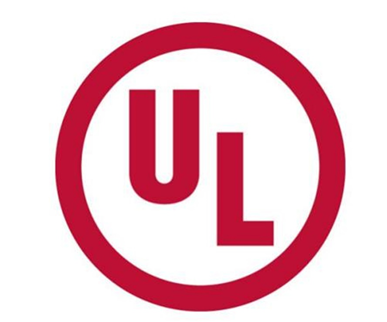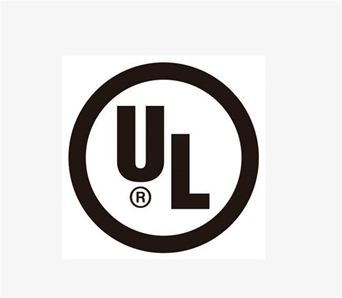What is UL certification for lithium batteries?
UL is the abbreviation of Underwriter Laboratories Inc. (Underwriter Laboratories Inc.). The UL Safety Testing Institute is the most authoritative in the United States and the largest private organization engaged in safety testing and appraisal in the world. It uses scientific testing methods to study and determine whether various materials, devices, products, equipment, buildings, etc. are harmful to life and property and the degree of harm. It is an independent, non-profit, and test for public safety. Institutions; determine, compile, and issue corresponding standards and materials that help reduce and prevent loss of life and property, and carry out fact-finding research.

Product Range
Lithium batteries (groups), spare batteries (groups), household and commercial batteries (groups)
standard test
UL1642 lithium battery (group) standard
UL2054 household and commercial batteries (group)
Lithium battery UL certification test items
1. Test item: short circuit test (BE-1000A or BE-1000W)
Experimental conditions: Under the condition of full power, the positive and negative poles of the battery are short-circuited at room temperature and 60℃±2℃ with wires less than 100 milliohms.
Experimental requirements: the battery does not explode or fire
Battery test response: The battery has no explosion or fire. There is electrolyte leakage.
2. Test item: overcharge test
Experimental conditions: The battery is charged at 3C, 10V constant current and constant voltage under the condition of full power. When the current reaches 100mA, the battery is charged to constant voltage for 48 hours.
Experimental requirements: the battery does not explode or fire.
Battery test reaction: the battery drum, there is liquid leakage. But there was no explosion, no fire.
3. Test item: extrusion test (BE-6045 battery extrusion tester)
Experimental conditions: Under the condition of full power, a force of 13kN was applied to the two pistons with a diameter of 32mm on the side of the battery until the pressure on the piston reached 17.2MP.
Experimental requirements: The battery does not catch fire or explode.
Battery test reaction: the battery is severely deformed, the battery temperature rises, the highest temperature reaches 147℃, the battery has no explosion, no fire, and electrolyte leakage.
4. Test item: thermal shock test (BE-101 series thermal shock test box)
Experimental conditions: Under the condition of full power, the temperature in the high temperature box will rise 5℃/min, and the temperature will reach 150℃ and leave it for 10 minutes
Experimental requirements: the battery does not explode or fire
Battery experiment reaction: A total of 15 batteries (10Ah) 10 and (7.5Ah) 5 batteries were tested, and there was no battery reaction. According to test engineers, it is difficult for many manufacturers to pass this experiment, whether it is small or large capacity, and the experiment is dangerous.
5. Test item: Impact test (BE-5066 battery impact testing machine)
Experimental conditions: Under the condition of full power, a steel rod with a diameter of 15.8mm is placed on the battery, and at a distance of 61cm from the battery, an object weighing 9.1kg freely falls on the steel rod.
Test requirements: no explosion, no fire
Battery test reaction: the battery deformed, the battery plane became concave, and the battery temperature began to rise. The temperature of two of the 15 batteries reached 124°C, but the battery did not explode or catch fire. The temperature of other batteries ranges from 35 to 82°C.

For more information about UL certification testing of lithium batteries, please call ZRLK for detailed inquiries. We will provide you with professional and efficient testing and certification services with favorable prices and considerate service. As long as you provide us with product pictures and specifications, we will give us the corresponding cycle, quotation and specific plan according to your product. Welcome to inquire!


![[Holiday Notice] ZRLK 2026 Chinese New Year Holiday Schedule](/uploads/image/202602/698559be66d97.jpg)










